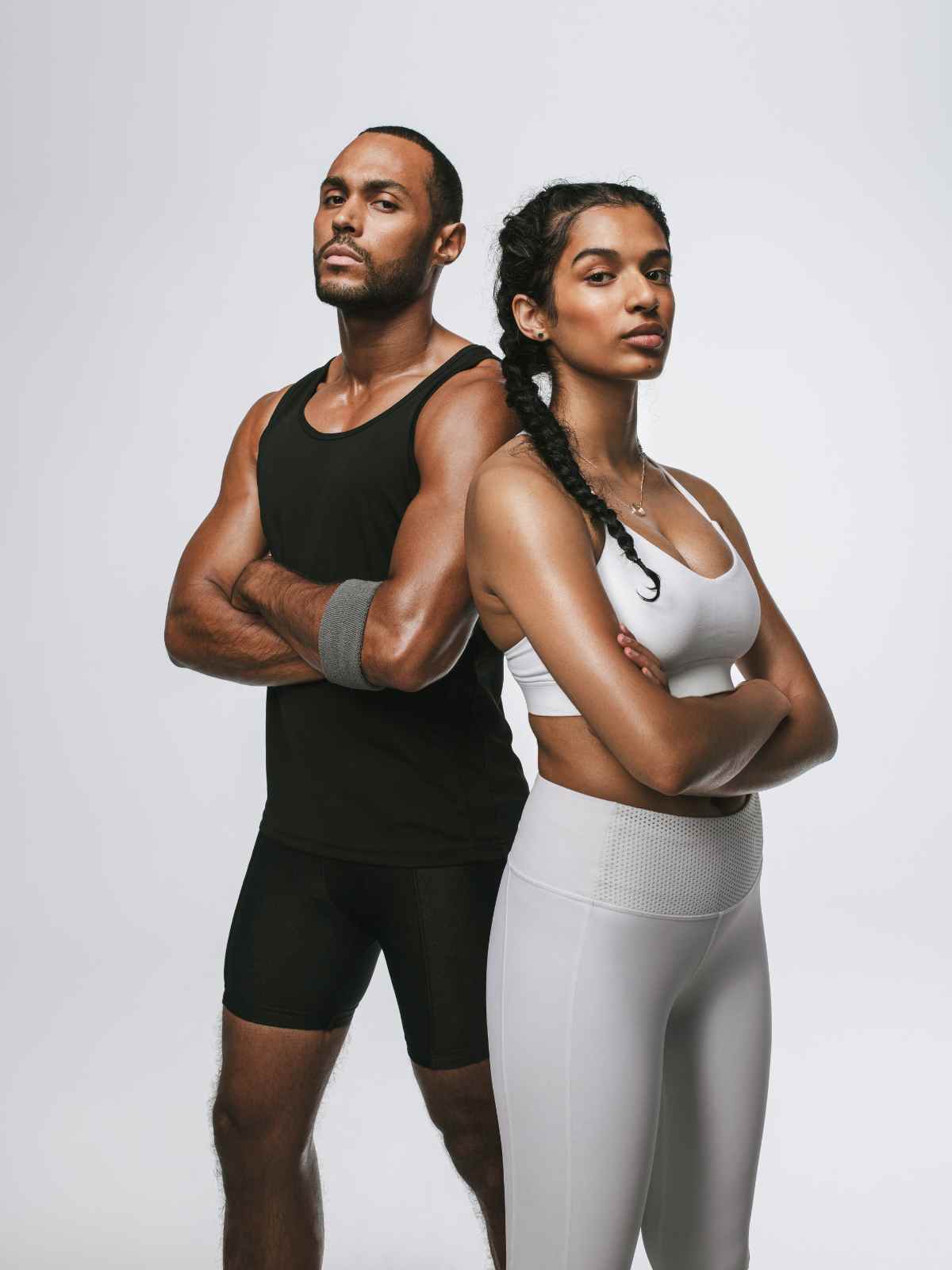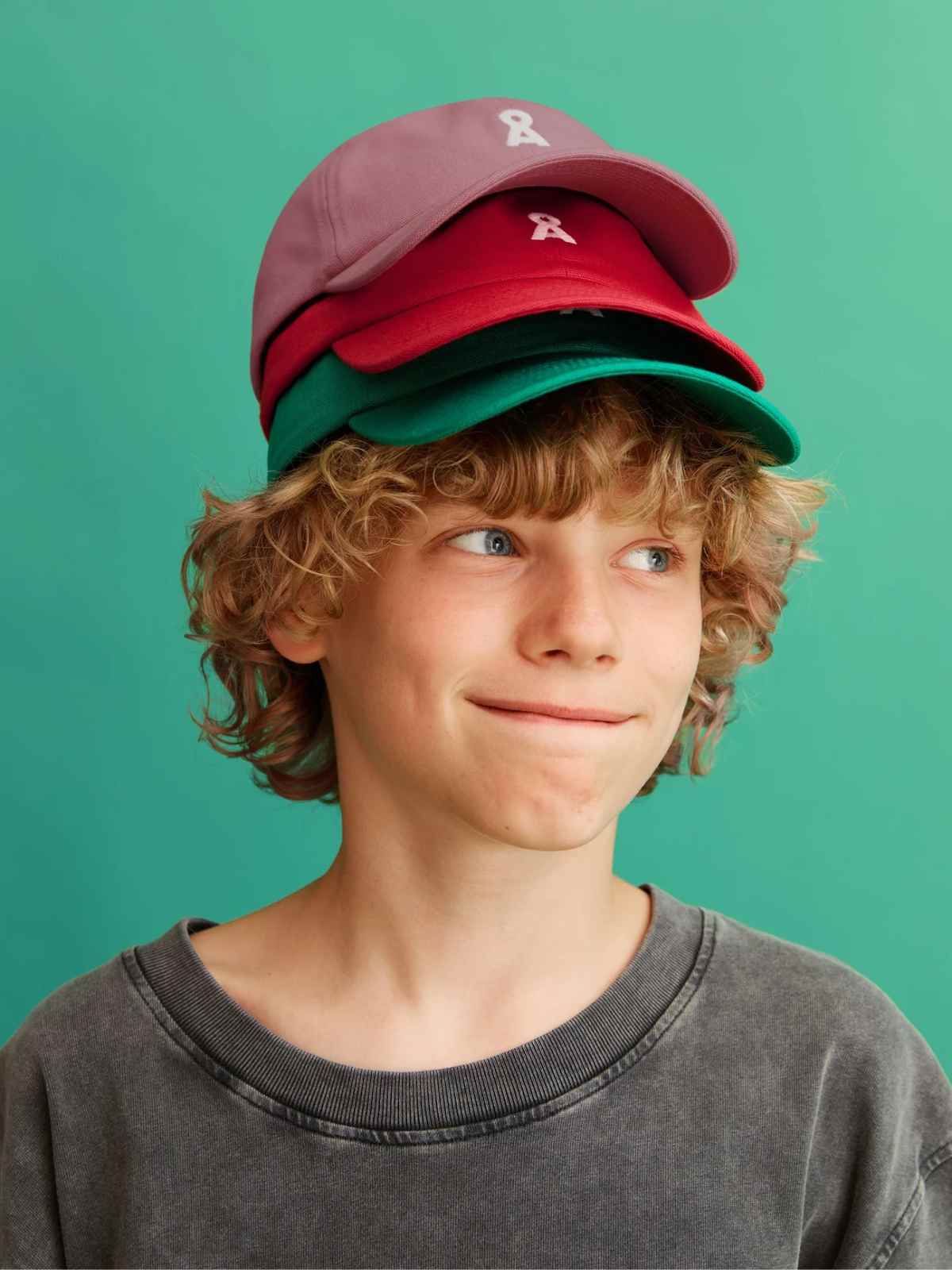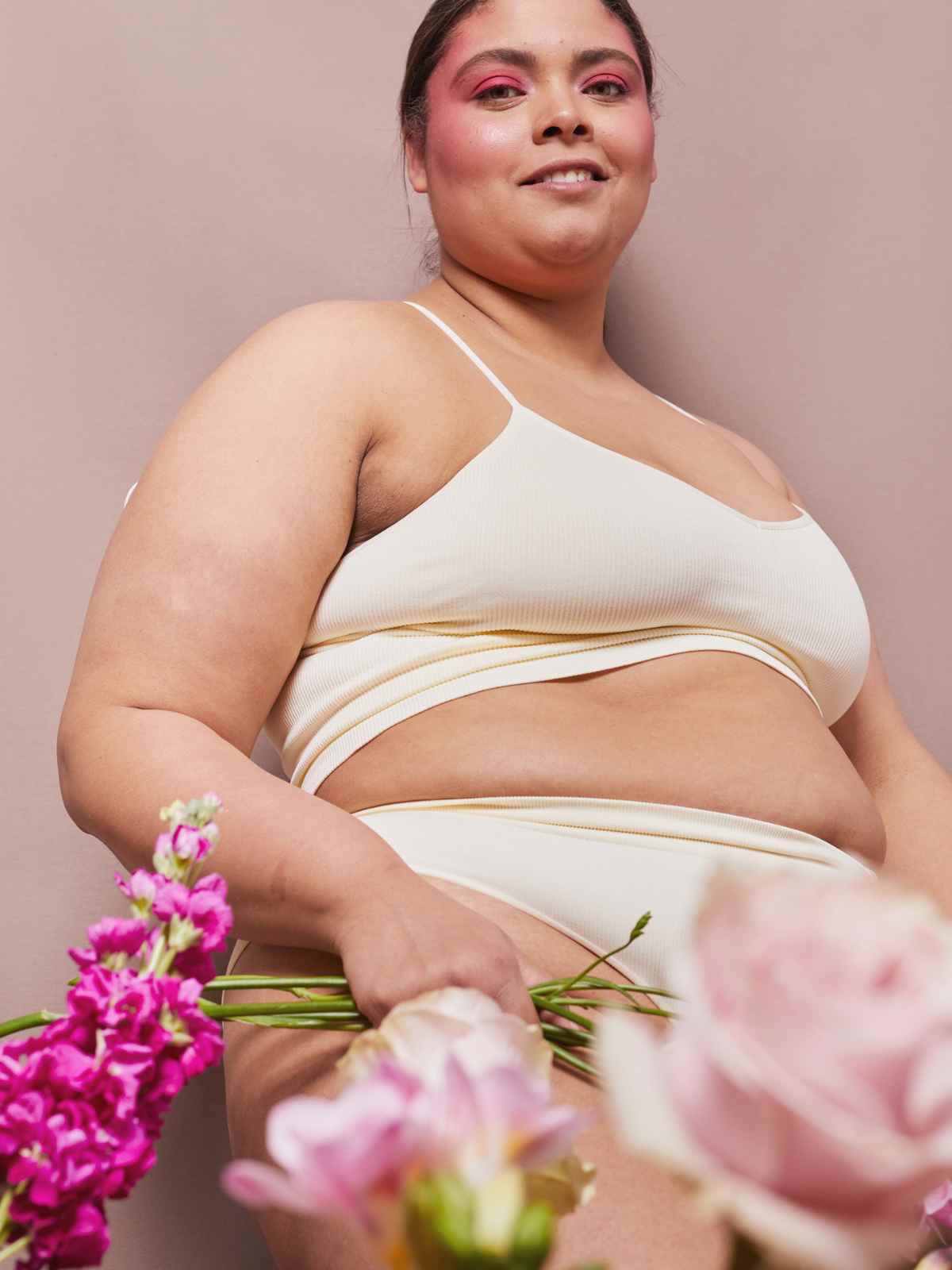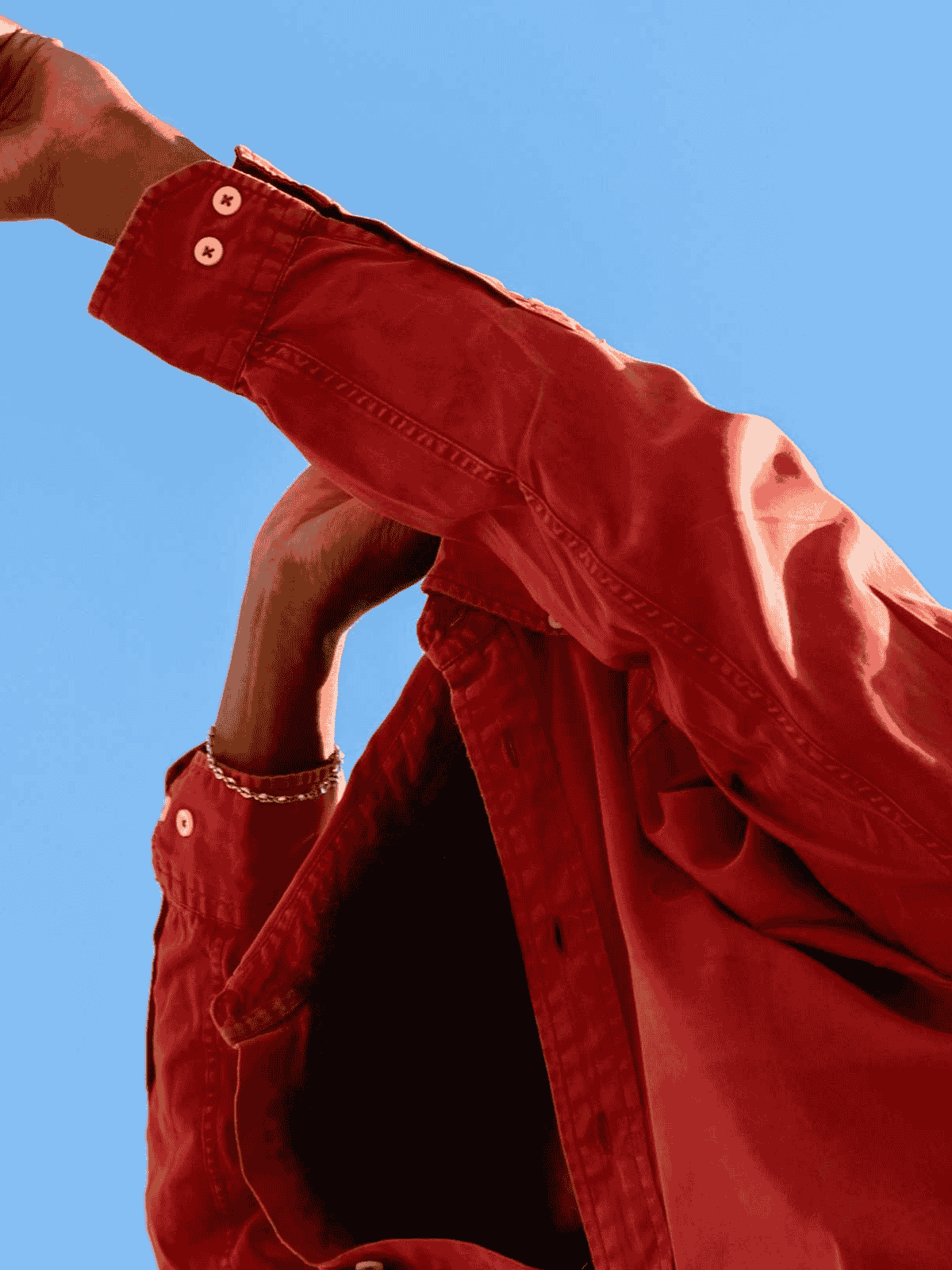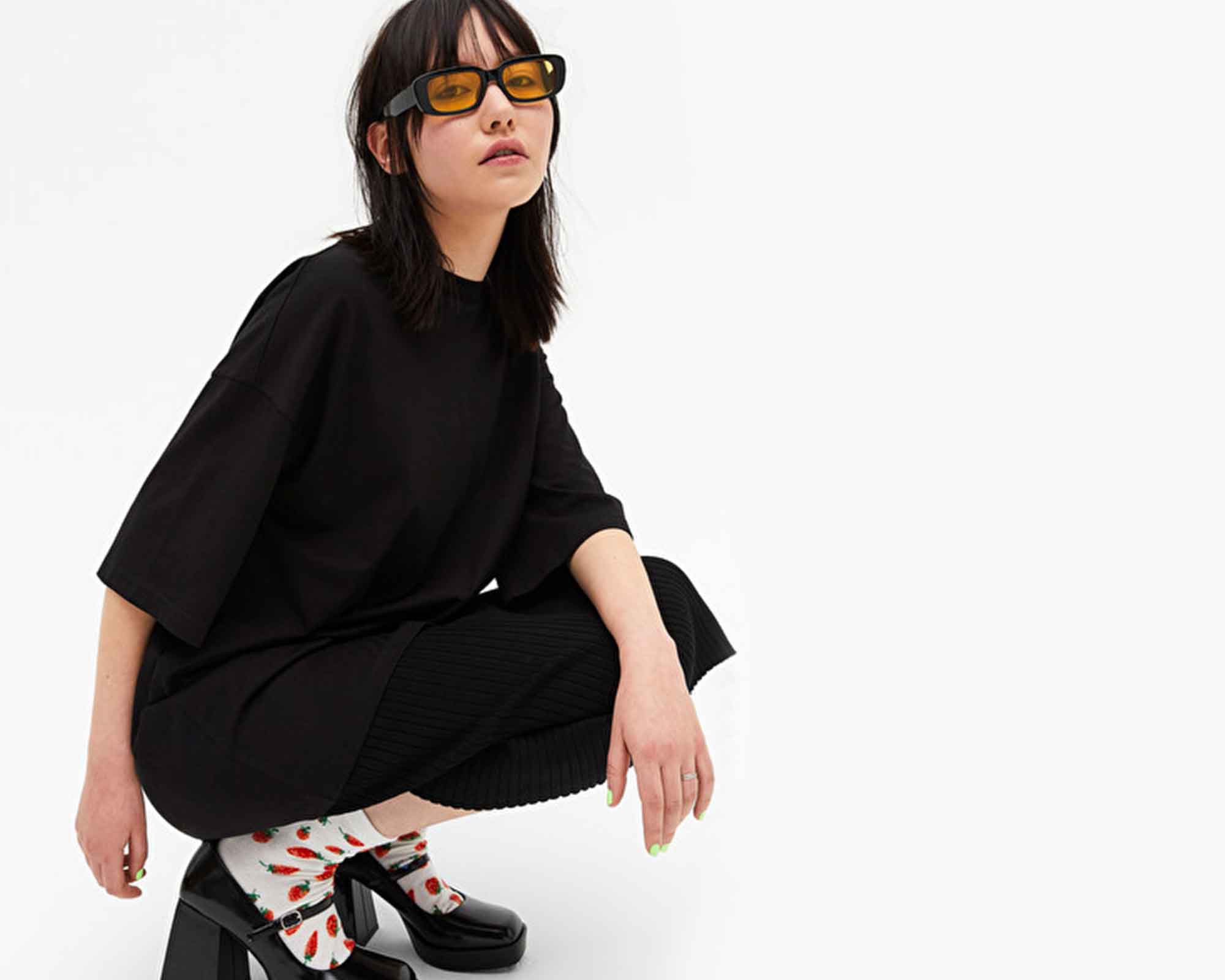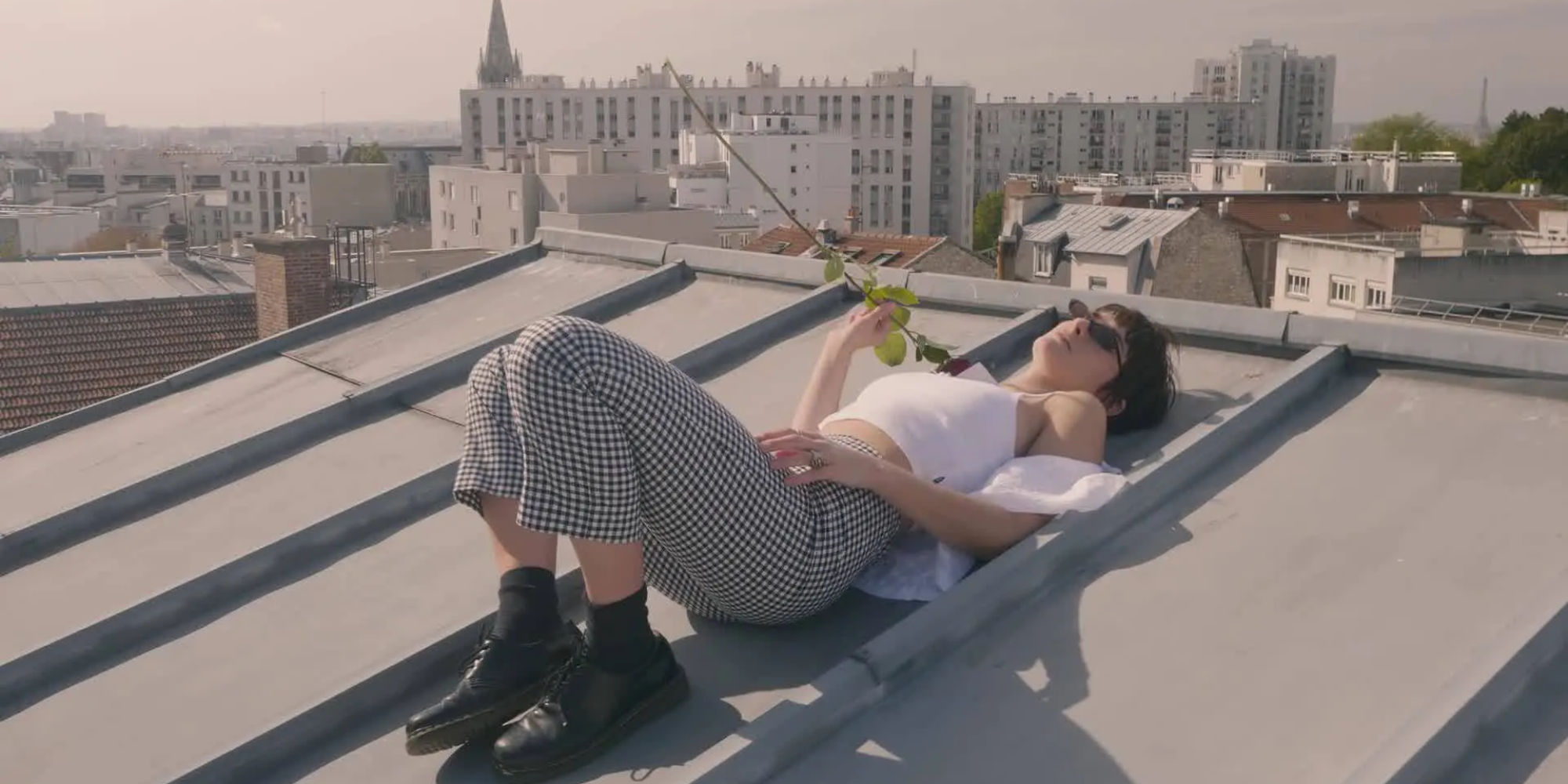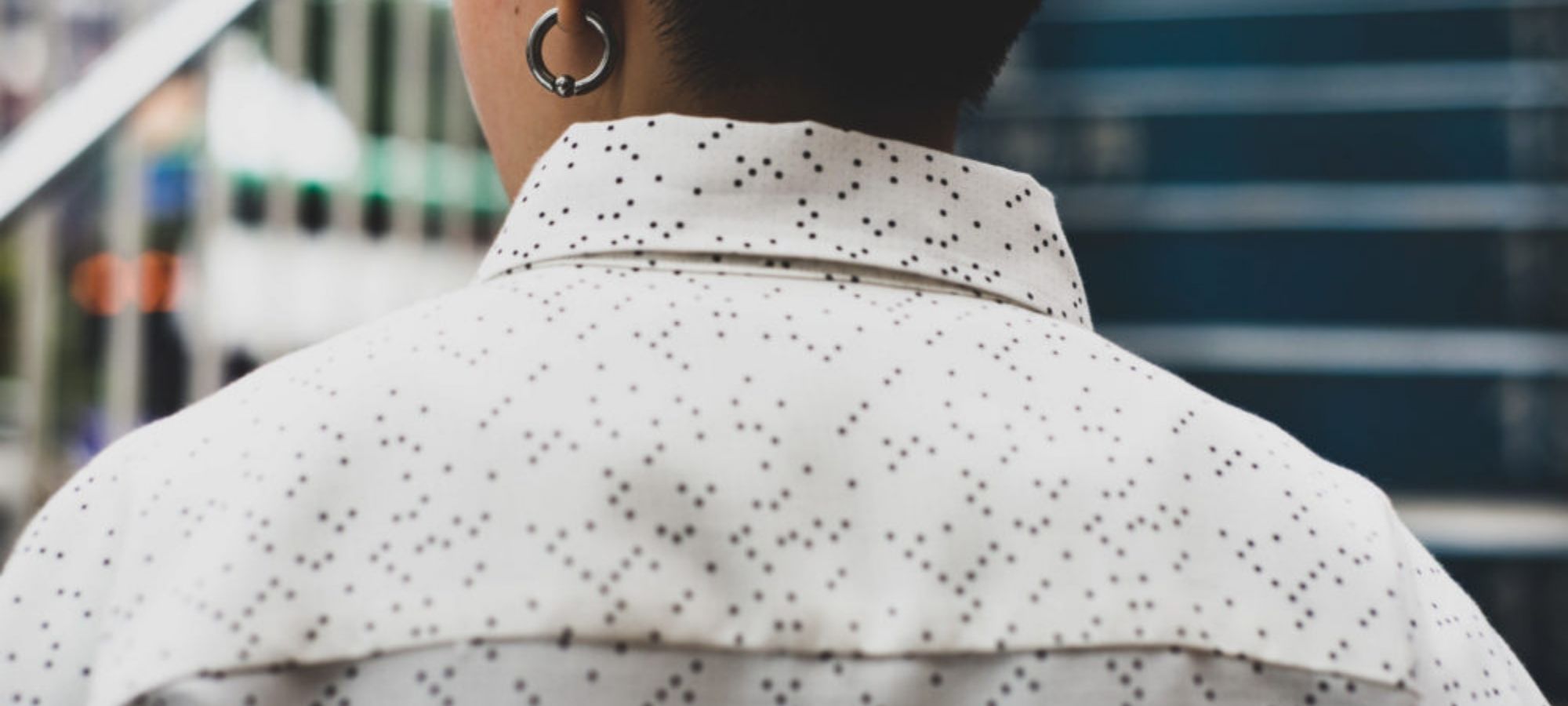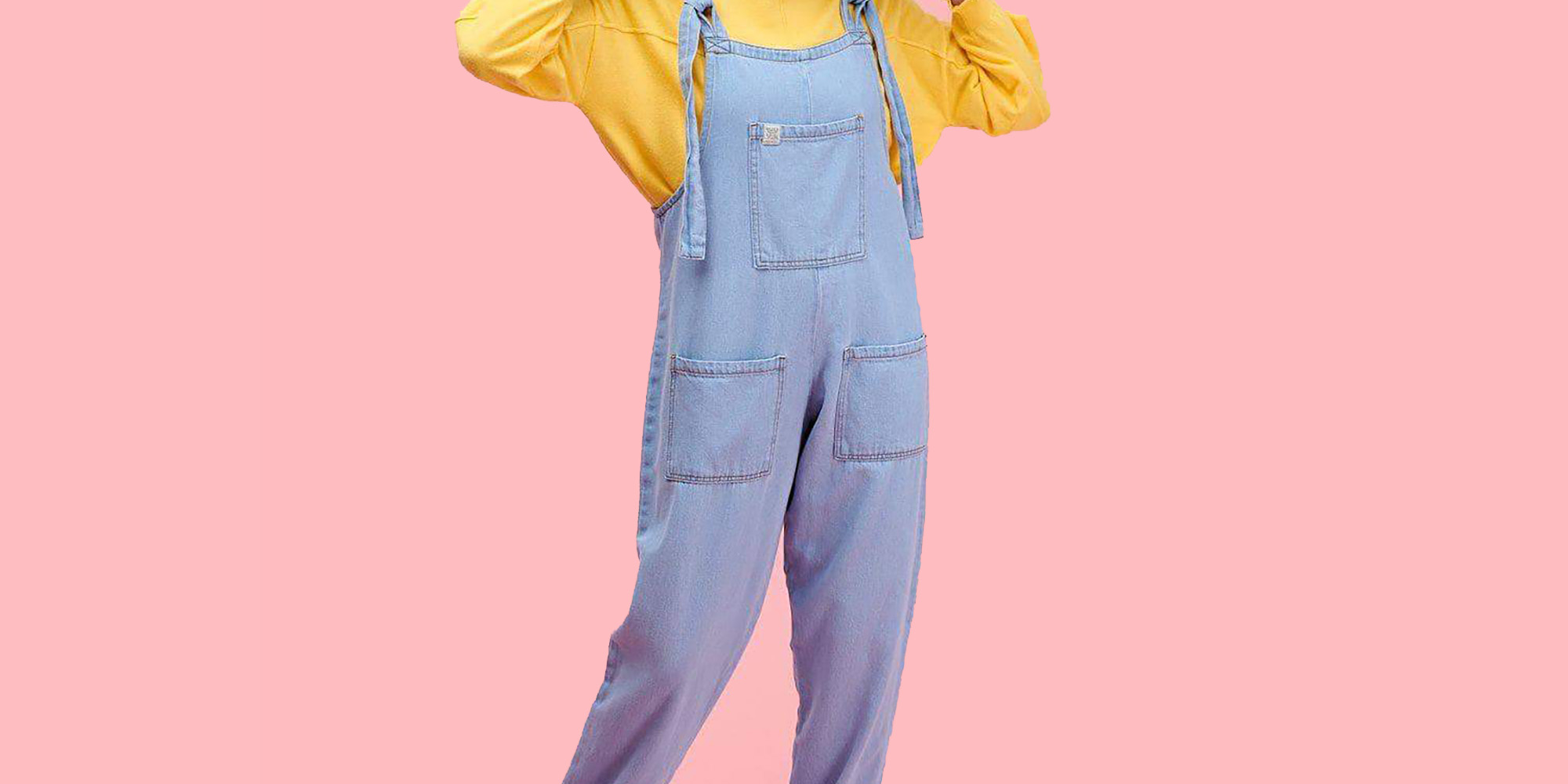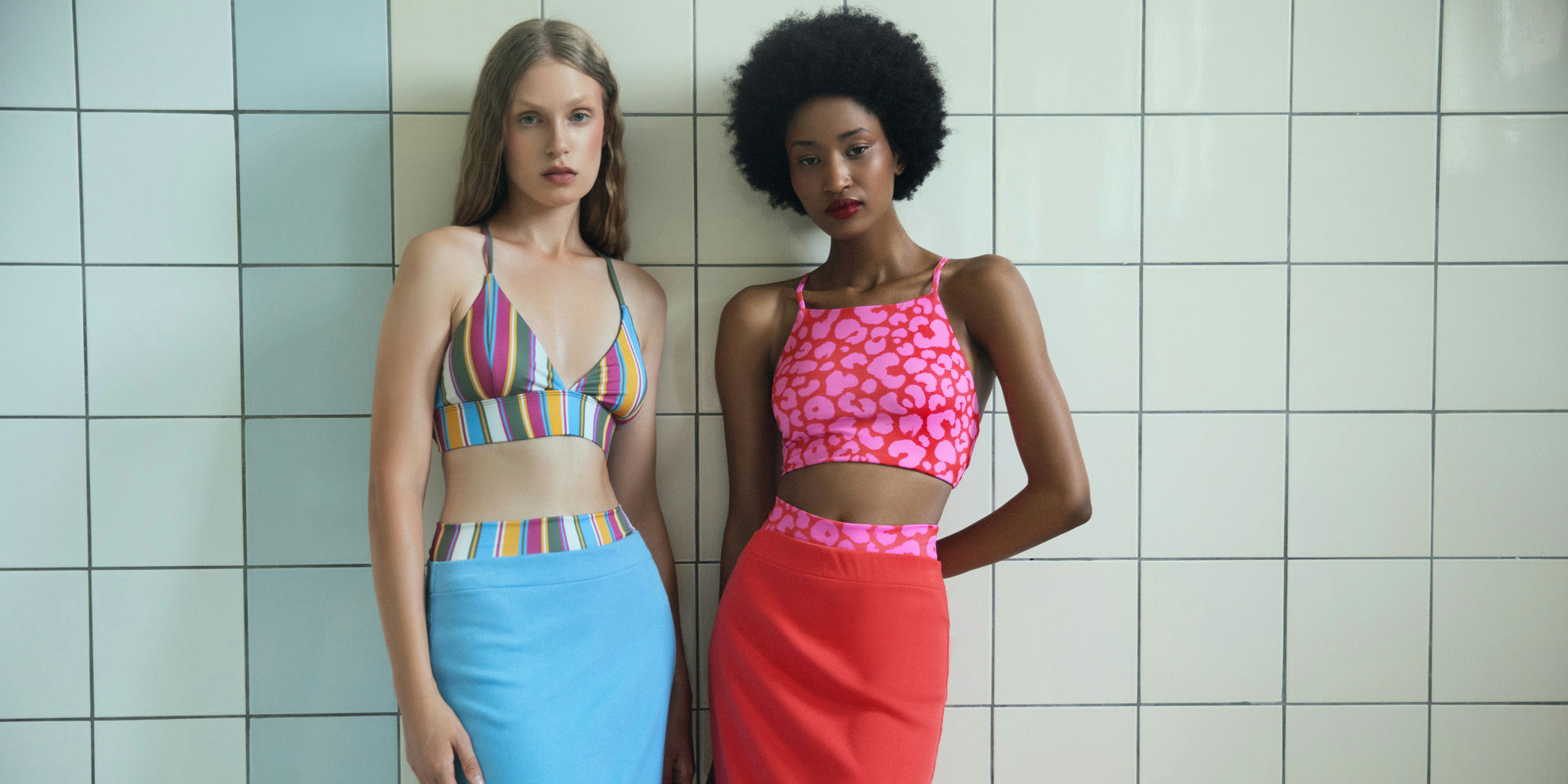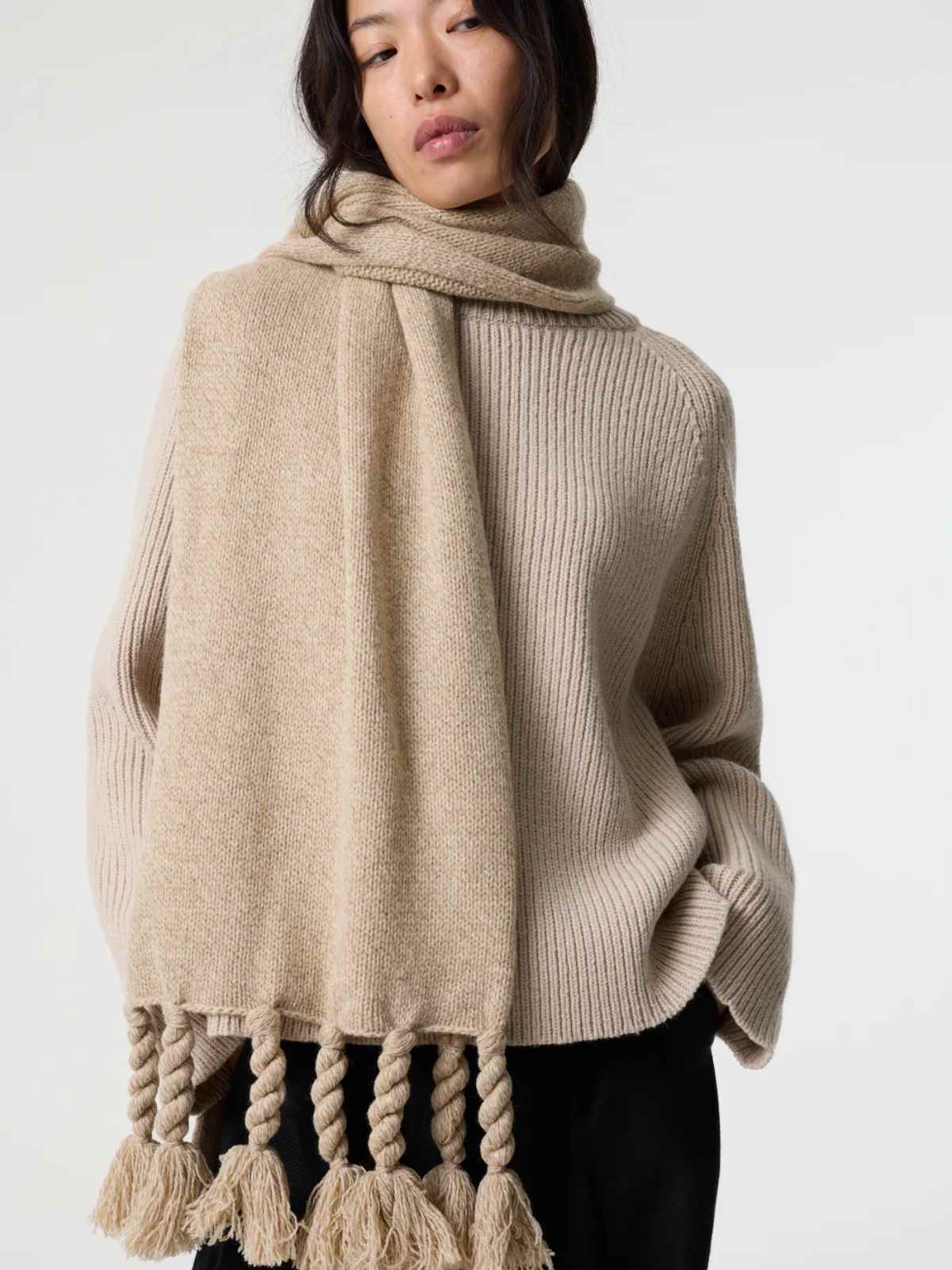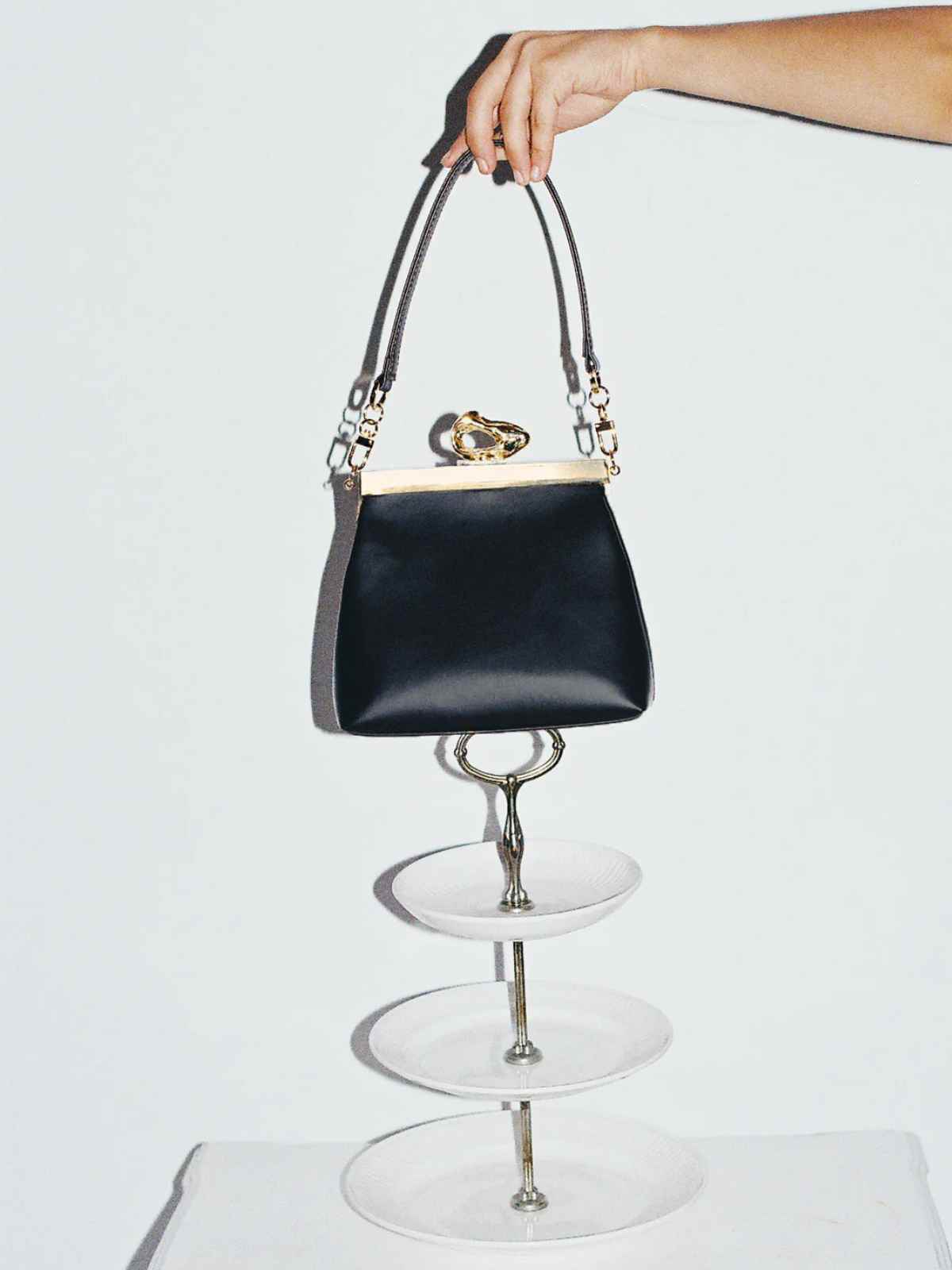Our editors curate highly rated brands that are first assessed by our rigorous ratings system. Buying through our links may earn us a commission—supporting the work we do. Learn more.
Founded in 2006 in Sweden, H&M-owned brand Monki creates on-trend clothing, aiming to empower young women across the globe to salute sisterhood and inspire everyone to express their unique style. But, just how ethical is it? This article is based on the Monki rating published in February 2022.
The brand says sustainability is at the core of everything it does. Monki wants to drive global change, and since 2020, it has taken a clear positioning on being kind and empowering by aligning with two of the United Nation’s Sustainability Development Goals (SDGs): SDG 5, gender equality, and SDG 12, sustainable consumption and production.
On paper, Monki seems to be setting the bar high in terms of ethical and sustainable practices. But is that the case? What is Monki really doing to drive global change? How is it impacting the planet, people, and animals? Today, we aim to answer this simple question— how ethical is Monki?
Environmental impact
Monki has taken some good steps on the environmental front—it uses some eco-friendly materials, including organic and recycled cotton. Monki aims to source only recycled or sustainable materials by 2030, and it has a policy approved by CanopyStyle to prevent deforestation of ancient and endangered forests in its supply chain. The brand has also set a science-based target to reduce greenhouse gas emissions generated from its operations and supply chain, but we found no evidence the brand is on track to meet its target.
More importantly, Monki has fast fashion traits such as on-trend styles and regular new arrivals, making it hard for us to give it an environmental rating higher than ‘It’s A Start’.
Labour conditions
When it comes to labour, Monki is also rated ‘It’s A Start’. Monki received a score of 71-80% in the Fashion Transparency Index—the brand publishes detailed information about its supplier policies, audit and remediation processes, as well as a list of suppliers in the final stage of production. It has some information about the second and first stages of production and detailed information about the findings of supplier audits, forced labour, gender equality, or freedom of association.
However, almost none of Monki’s supply chain is certified by labour standards, ensuring worker health and safety, living wages, or other labour rights. Monki has a project to improve wages in its supply chain, but so far, there is no evidence it is underway. Finally, although Monki discloses some policies to protect suppliers and workers from the impacts of COVID-19, implementation is uncertain.
Animal welfare
Monki has a formal animal welfare policy aligned with Five Freedoms, and it traces some animal products to the first stage of production. The brand does not use fur, down, angora, or exotic animal skin, but it still uses leather and exotic animal hair and wool from non-mulesed sheep, which is why its animal rating is also ‘It’s A Start’.
Overall rating: It’s A Start
We rate Monki ‘It’s A Start’ based on our research and information from the Fashion Transparency Index—you can read more in our post about what our ‘It’s A Start’ rating really means. Although Monki is aiming to align with two of the United Nation’s Sustainability Development Goals (SDGs) and has adopted some positive practices and policies across the board, it is still not quite there yet. Monki’s use of eco-friendly materials is a good start. Still, the brand needs to work on its labour and worker empowerment policies and especially ensure the payment of a living wage. Monki is owned by H&M, the world’s second-biggest producer of fashion products designed to be worn just a few times and discarded, so it’s no wonder there is some work to do across the board! Also, note that Good On You ratings consider 100s of issues, and it is not possible to list every relevant issue in a summary of the brand’s performance. For more information, see our How We Rate page and our FAQs.
If you like Monki’s on-trend and youthful styles but don’t like the not-so-great practices, then fear not—we’ve found some fantastic ethical and sustainable alternatives to Monki!
Good swaps
Sustainable alternatives to Monki
